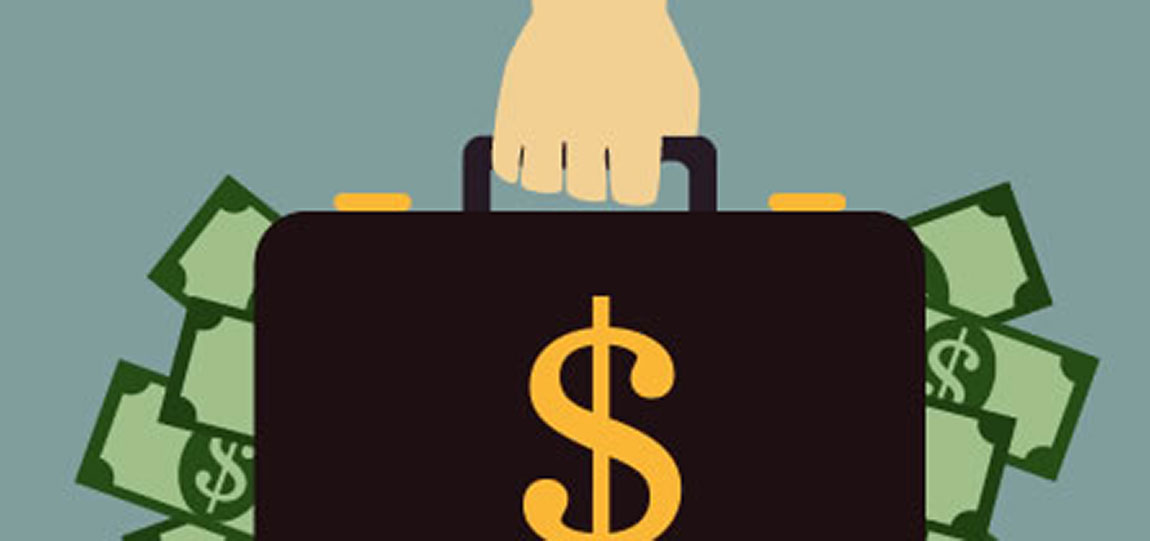Maybe it’s overbearing fees or lousy customer service. Or maybe you just landed a new job and have to relocate across the country. Whatever the reason, you’re faced with the need to switch banks.
Moving from one financial institution to another is almost like a juggling act. There are plenty of balls in the air that you need to keep an eye on as you shut down your old account and open a new one. That’s why it’s a good idea to map out a strategy in advance.
Here are some steps to follow to help make switching banks as painless as possible:
- Do your homework. Research what financial institutions would be a good fit for you. Choices range from a traditional bank or credit union to an online-only bank.
- Make your choice and open an account. Once you have an idea about what type of financial institution you’d like to work with, dig deeper. Will you need to maintain a minimum balance once you open the account? What kinds of fees can you expect? What interest rate do they offer on savings or checking accounts? Do they have a lot of ATMs you can use? Do they offer Online and Mobile Banking? Contemplating these questions will help ensure that you choose an account that best suits your needs. Once your choice is made, gather all of the documentation and information you’ll need to open the account. And don’t close your old accounts just yet.
- Order what you’ll need. When you open your account, don’t forget to place an order for things like checks and debit cards. The sooner you can get those and start using them instead of your old ones, the quicker you can cut ties with your old bank. You should also register for Online Banking if your bank offers it, and set up any automatic account alerts you’d like to receive via text message or email. And remember to download your new bank’s mobile app if you’ll be doing your banking on-the-go.
- Get some money into your new account. If you plan to use direct deposit, provide your employer with your new bank account and routing numbers, and find out how long it will take for the update to happen. It’s also a good idea to transfer some money over from your old account, but be careful not to move so much money over that you’re in danger of overdrafting the account or not meeting your old bank’s minimum balance requirements. Some banks like Bank5 Connect use a service called Switch My Bank. This service automates the process of switching a direct deposit from your old bank with just a couple clicks. You can learn more about Switch My Bank here.
- Update online payment info. If you utilize online payment services like PayPal or Stripe, you’ll want to update the bank account info that’s tied to them so any future payments will come out of your new accounts. You should also compile a list of all the electronic payments you make – automatic or otherwise – and ensure that the payment details on those accounts reflect your new financial institution. If you were using bill pay at your old bank, you should set up all of those same automatic payments through your new accounts. Just like direct deposit switching Bank5 Connect’s Switch My Bank service eliminates the hassle and time of changing your payment information across individual accounts. With just a few clicks you can change your online payment methods to your new account.
- Double check everything. Once you’ve covered all of your bases and are ready to close your old accounts – don’t. At least not yet. It’s a good idea to double check and confirm that your direct deposits are going into your new account as intended, that all of the checks you’ve written from your old account have cleared, and that all of your electronic payments are successfully coming out of your new account.
- Close out your old account. Once you can confirm that everything is A-OK with your new account, it’s time to cut the cord with your old bank. Any money that you have left in your old accounts should be transferred over to your new ones, and you should inform your old bank of your decision to close out the accounts. The Consumer Finance Protection Bureau recommends getting written confirmation that your accounts have been closed.
And if you’re concerned that switching banks might have a negative impact on your credit score, there’s no need to worry. Closing a deposit account – or opening one – will have no bearing on your credit report. Keep in mind though that abusing a bank account (for example, writing bad checks, or not repaying a negative balance) could prevent you from opening another bank account in the future, as this kind of activity is tracked and reported on by agencies like ChexSystems.
No matter what your reason for making the switch to a new bank, taking the time to plan ahead will help to make the move as easy and stress-free as possible.
